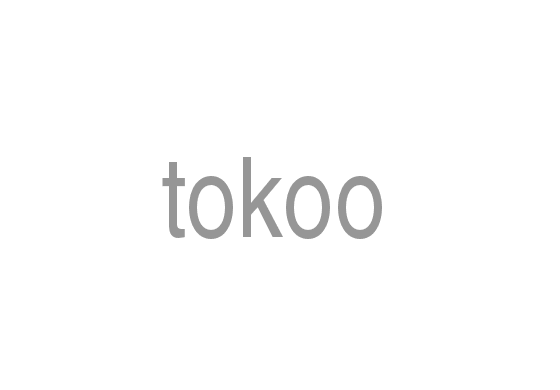Boutique business can be profitable in Kenya, especially if it offers unique, high-quality products that are in demand. The country’s growing middle class, coupled with a strong focus on fashion and an increasing interest in unique, locally-made products, make it a potentially lucrative market for boutique businesses.
Key Factors Affecting Profitability of Boutique Business in Kenya
1) Location
One key factor in the success of a boutique business in Kenya is location. Setting up shop in a busy, high-traffic area with a lot of foot traffic can help attract potential customers. This could be in a shopping mall, a busy street, or even in a high-end residential area.
2) Products’ Quality
Another important factor is the quality of the products being sold. In a market where competition is fierce, offering unique, high-quality products can help a boutique business stand out and attract loyal customers. This could include items such as clothing, accessories, or home décor items that are made using traditional techniques or materials.
3) Customization
Another potential source of income for boutique businesses in Kenya is custom orders. Many customers may be interested in having items made specifically for them, such as clothing or accessories. This can be a lucrative source of income, especially if the boutique is able to offer high-quality, personalized products at a reasonable price.
4) Online Presence
In order to be successful, boutique businesses in Kenya will also need to have a strong online presence. This could include having a well-designed website and active social media accounts, as well as engaging with customers and responding to their inquiries and feedback. This can help to build a positive reputation and attract more customers.
Where to Buy Boutique Products in Kenya to Start the Business
There are several options for buying boutique products in Kenya to start a business, including:
- Wholesale markets: There are several wholesale markets in Kenya where you can purchase a variety of products for your boutique business, including clothing, accessories, home decor, and more. Some popular wholesale markets in Kenya include Gikomba Market in Nairobi, Makongeni Market in Thika, and Muthurwa Market in Nairobi.
- Online marketplaces: There are several online marketplaces in Kenya where you can purchase boutique products, including Kenyan Boutique Jumia, Kilimall, Aliexpress and Masoko. These platforms offer a wide range of products from various sellers and can be a convenient option for purchasing boutique products.
- Importing: You can also consider importing boutique products from other countries to sell in your boutique business. This can be a good option if you are looking for unique or specialty products that are not widely available in Kenya. You can import products directly from manufacturers or wholesalers or use a local importer or distributor to facilitate the process.
- Local suppliers: There are also many local suppliers and manufacturers in Kenya that produce boutique products, including clothing, accessories, and home decor. You can contact these suppliers directly to purchase products for your boutique business.
It is important to do your research and shop around to find the best products at the most competitive prices for your boutique business. You may also want to consider factors such as quality, durability, and demand for the products you are considering purchasing.
How Much You Need to Start a Boutique Business in Kenya
The amount of money needed to start a boutique business in Kenya can vary depending on several factors, including the size and location of the boutique, the products or services offered, and the operating costs. Here are some of the key costs to consider when starting a boutique business in Kenya:
- Rent: Rent can be a significant cost for a boutique business, especially if you are planning to locate the business in a high-traffic area or popular shopping district.
- Inventory: You will need to purchase inventory to sell in your boutique. The cost of inventory will depend on the type and quantity of products you are planning to sell.
- Equipment and furnishings: You may need to purchase equipment and furnishings for your boutique, such as shelving, displays, and fixtures.
- Marketing and advertising: You will need to invest in marketing and advertising to promote your boutique and attract customers. This can include costs for social media marketing, advertising in local publications, and other marketing efforts.
- Operating expenses: You will also need to budget for ongoing operating expenses, such as utilities, payroll, and other expenses.
It is difficult to provide a specific or average figure for the amount of money needed to start a boutique business in Kenya, as the costs will depend on the specific needs and circumstances of your business. However, an average boutique business will require you to have atleast Kshs 50,000 to Kshs 200,000 to ensure that you have a proper ground to start your business.
It is important to carefully assess your budget and financial needs and develop a business plan to guide your decision-making and allocate resources appropriately. You may also want to consider seeking funding through loans, grants, or investment to help finance your boutique business.
Bottom Line
Overall, a boutique business can be profitable in Kenya if it offers unique, high-quality products, is located in a prime location, and has a strong online presence. With the right strategies and efforts, a boutique business can thrive in this market and provide a good source of income for its owners.



I find the report helpful .on how to start a boutique in Kenya.
Thank you